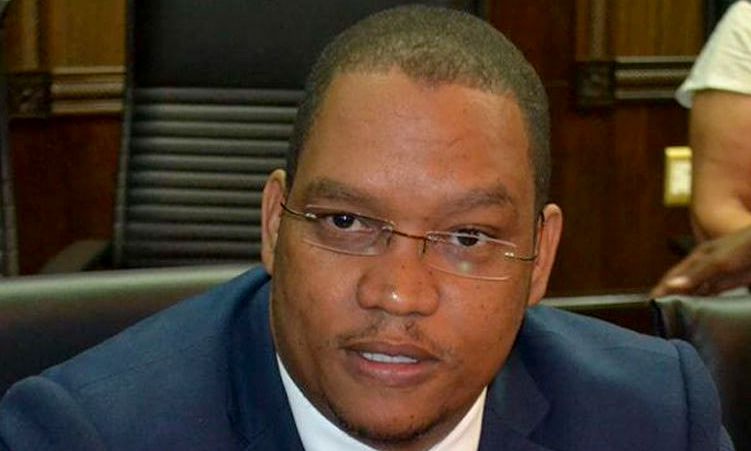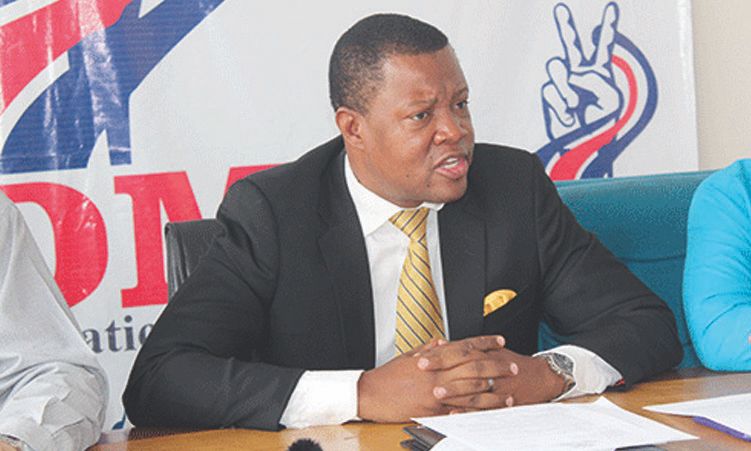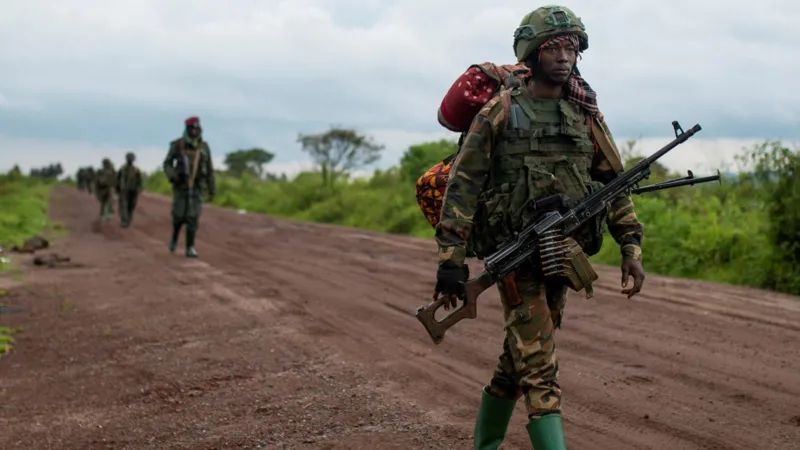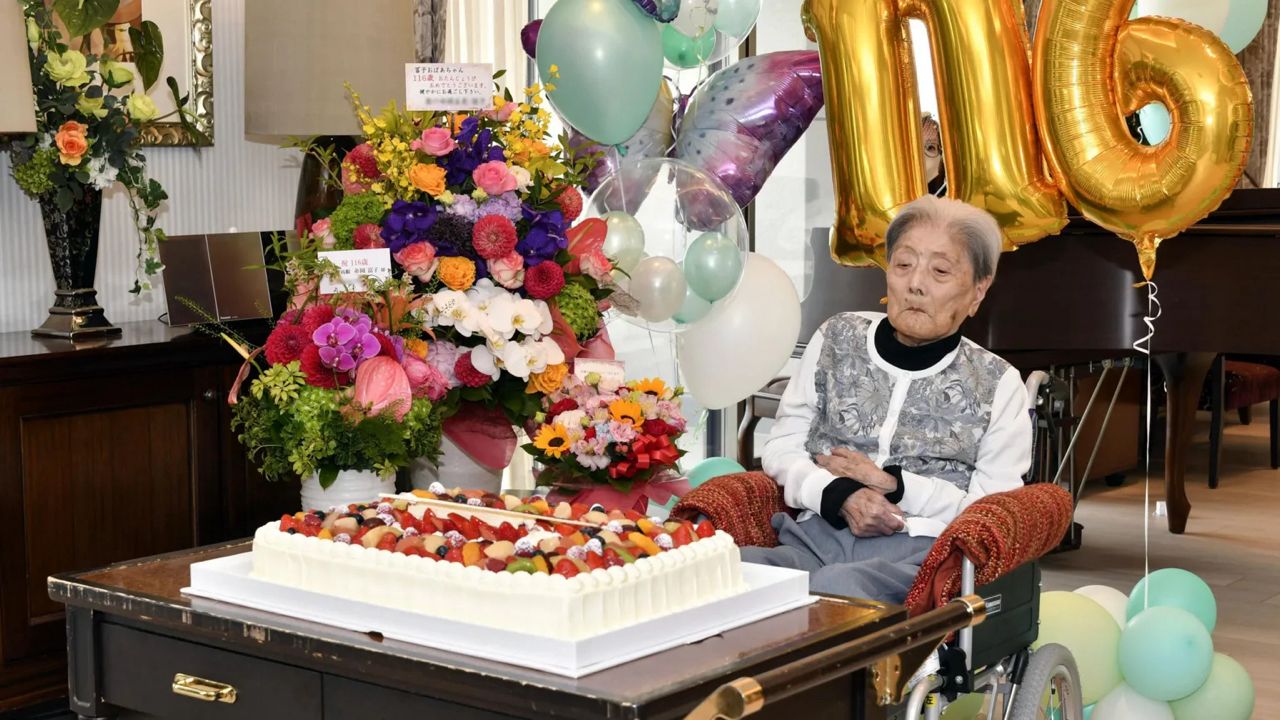SEOUL – Communist North Korea is keen to learn how capitalism works but fears that efforts to open up the economy could destabilise its system, a German expert said yesterday.
“They are not sure about the effects on their own society or their own position,” said Bernard Seliger, the Seoul-based resident representative of a German think-tank, the Hans Seidel Foundation. “They know what happened in Eastern Europe and the consequences for the ruling elite there,” he told AFP.The foundation runs regular EU-funded workshops in Pyongyang to teach North Korean officials how to do business with the West and establish an export strategy.Seliger, who returned Sunday from his latest visit, said North Korean officials are especially interested in the mechanics of foreign trade and in the global economy.But they are moving carefully because of fears of domestic instability.”They want cooperation, but in a very minimal way,” Seliger said.”They want foreign currency, they want to be able to export their goods, and they want access to the international financial system – but somehow without having to make any institutional changes.”Seliger said participants in the foundation’s programmes – around 50 people at a time on average – still bristled at words like “integration” or “reform”.But there was extensive discussion on international affairs.After decades of isolation during which its command economy foundered, North Korea appears to be opening up to the world.It admitted a team of US experts this month to supervise, as part of an international accord, the disabling of the nuclear plants which produced the raw material for its October 2006 nuclear test.Senior officials have toured Southeast Asia, the Middle East, Africa and Russia in recent months and diplomatic relations with several countries have been established or restored.The North has also agreed to start regular rail freight services with South Korea next month, and to permit non-stop flights from Seoul to scenic Mount Paekdu on the border with China.A North Korean financial delegation is in New York this week to hold talks with US officials and attend seminars on the international financial system.Seliger, whose foundation began its training programmes in 2003, said course members were becoming significantly more relaxed in their interaction with foreigners.North Korean officials have also been working with the Swiss Foreign Ministry recently to test a bank credit programme for farmers, he said.”I’m confident that all this contact with the wider world will change people in the long run.”Nampa-AFP”They know what happened in Eastern Europe and the consequences for the ruling elite there,” he told AFP.The foundation runs regular EU-funded workshops in Pyongyang to teach North Korean officials how to do business with the West and establish an export strategy.Seliger, who returned Sunday from his latest visit, said North Korean officials are especially interested in the mechanics of foreign trade and in the global economy.But they are moving carefully because of fears of domestic instability.”They want cooperation, but in a very minimal way,” Seliger said.”They want foreign currency, they want to be able to export their goods, and they want access to the international financial system – but somehow without having to make any institutional changes.”Seliger said participants in the foundation’s programmes – around 50 people at a time on average – still bristled at words like “integration” or “reform”.But there was extensive discussion on international affairs.After decades of isolation during which its command economy foundered, North Korea appears to be opening up to the world.It admitted a team of US experts this month to supervise, as part of an international accord, the disabling of the nuclear plants which produced the raw material for its October 2006 nuclear test.Senior officials have toured Southeast Asia, the Middle East, Africa and Russia in recent months and diplomatic relations with several countries have been established or restored.The North has also agreed to start regular rail freight services with South Korea next month, and to permit non-stop flights from Seoul to scenic Mount Paekdu on the border with China.A North Korean financial delegation is in New York this week to hold talks with US officials and attend seminars on the international financial system.Seliger, whose foundation began its training programmes in 2003, said course members were becoming significantly more relaxed in their interaction with foreigners.North Korean officials have also been working with the Swiss Foreign Ministry recently to test a bank credit programme for farmers, he said.”I’m confident that all this contact with the wider world will change people in the long run.”Nampa-AFP
Stay informed with The Namibian – your source for credible journalism. Get in-depth reporting and opinions for
only N$85 a month. Invest in journalism, invest in democracy –
Subscribe Now!








